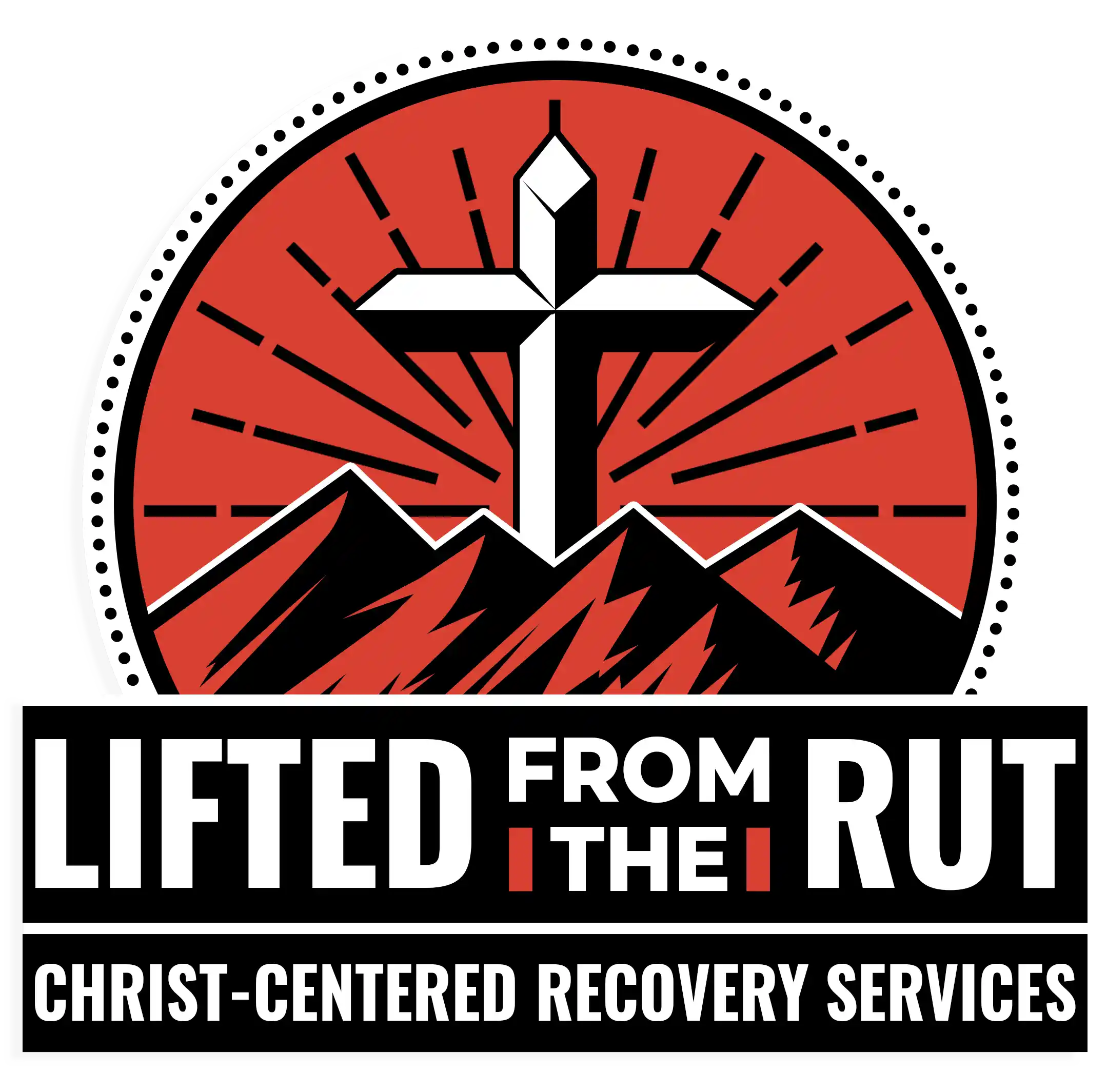It’s easy to assume that relapse is most likely during times of crisis or hardship. Yet many people in recovery find that it can happen when life appears stable, relationships are healthy, and personal goals are being met. This paradox raises important questions about the factors that influence long-term sobriety beyond the difficult moments.
In this article, you will learn why relapse can occur even during periods of success, the hidden risk factors that may surface in good times, and practical steps to maintain recovery when things seem to be going well.
Overconfidence in Sobriety
Extended periods of abstinence can create a sense that relapse is no longer a significant risk. This mindset may lead to reduced engagement in established recovery routines such as therapy, support groups, or regular self-monitoring. Without these safeguards, individuals are more susceptible to old patterns of behavior.
Participating in a structured relapse prevention program can help maintain accountability and reinforce healthy habits, even during periods of stability.
Persistent Emotional Vulnerabilities
Positive life events do not necessarily resolve underlying emotional challenges. Anxiety, loneliness, unresolved grief, or other mood disturbances can still arise. In some cases, heightened positive emotions may also serve as triggers if they were historically associated with substance use.
Reduced Stimulation and Boredom
When life becomes stable, daily routines can lack variety. Boredom is a recognized relapse risk factor, as it may prompt individuals to recall substance use as a source of excitement or novelty. Without alternative forms of stimulation, cravings may develop over time.
Low-Level or Hidden Stressors
Stress is not exclusive to difficult circumstances. Even during favorable periods, subtle stressors, such as pressure to maintain success or meet new responsibilities, can cause relapse. Without consistent use of stress management strategies, the likelihood of reverting to familiar coping mechanisms increases.
Social Disconnection
A busy or outwardly successful lifestyle does not guarantee strong emotional connections. Reduced engagement with supportive peers, family, or recovery communities can diminish accountability and make it more difficult to manage challenges that arise unexpectedly.

Discontinuation of Recovery Practices
When individuals feel stable, recovery-focused activities may be deprioritized. Skipping therapy sessions, reducing participation in support groups, or neglecting personal reflection can gradually weaken protective factors that support long-term sobriety.
Exposure to Celebratory Triggers
Positive milestones—such as weddings, promotions, or holidays—can involve environments or social norms that encourage substance use. If these situations are not anticipated and planned for, they may prompt a return to old behaviors.
Stress Management Is Still Essential in Recovery
Even in good times, stress is inevitable—though it may be subtler than during crisis periods. Without healthy coping skills, you may revert to familiar patterns for relief. Effective stress management techniques include:
- Mindfulness meditation to stay grounded in the present.
- Physical activity to release tension and boost mood.
- Therapy or counseling to address emotional patterns before they escalate.
- Drawing on faith or spiritual practices for inner strength, hope, and resilience.
These tools should remain a constant part of your recovery routine, not just an emergency fix.
Building and Maintaining a Relapse Prevention Plan
A relapse prevention plan is more than a safety net—it’s an active strategy for protecting your progress. It should include:
- Identifying personal triggers and early warning signs
- Creating coping strategies for emotional and environmental risks
- Setting boundaries with people, places, and situations
- Scheduling regular check-ins with a sponsor, therapist, or peer group
As your life changes, your plan should evolve with it, ensuring it stays relevant to your current circumstances.
Final Thoughts from LFTR Christ-Centered Recovery Services
Relapse is not solely a result of hardship, it can also occur when life feels stable and successful. Positive circumstances do not eliminate underlying vulnerabilities, making ongoing self-awareness, structure, and support essential.
For individuals seeking a structured way to protect their progress, LFTR Christ-Centered Recovery Services offers programs designed to strengthen coping skills, maintain accountability, and reinforce long-term recovery strategies. Our relapse prevention program in Colorado provides evidence-based care that helps individuals navigate both challenges and periods of stability with confidence.





